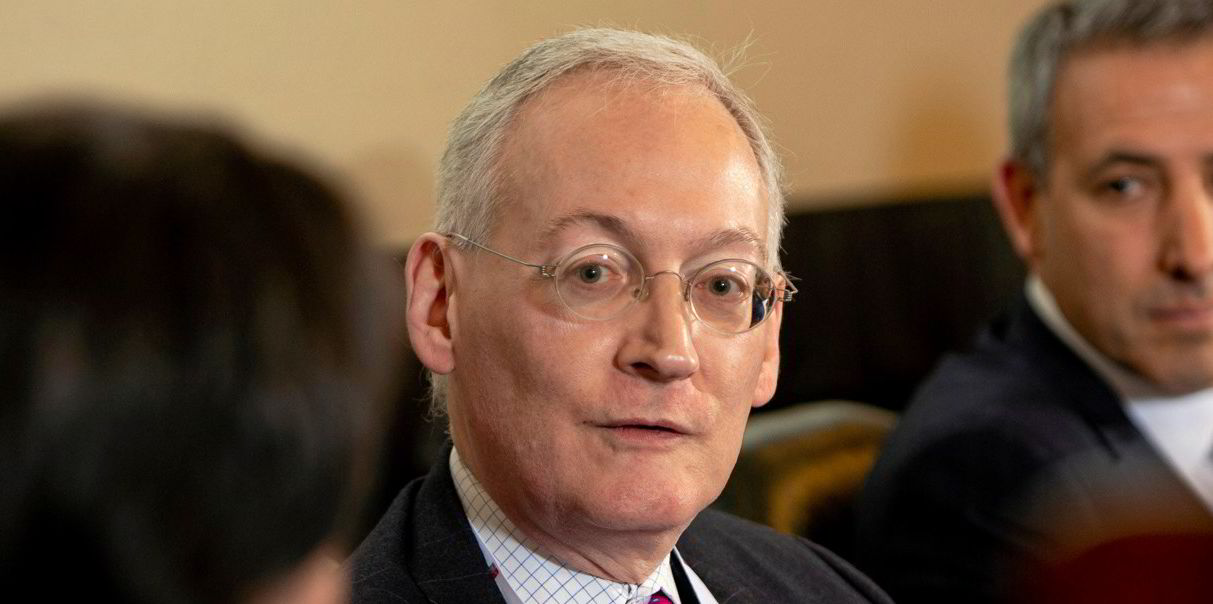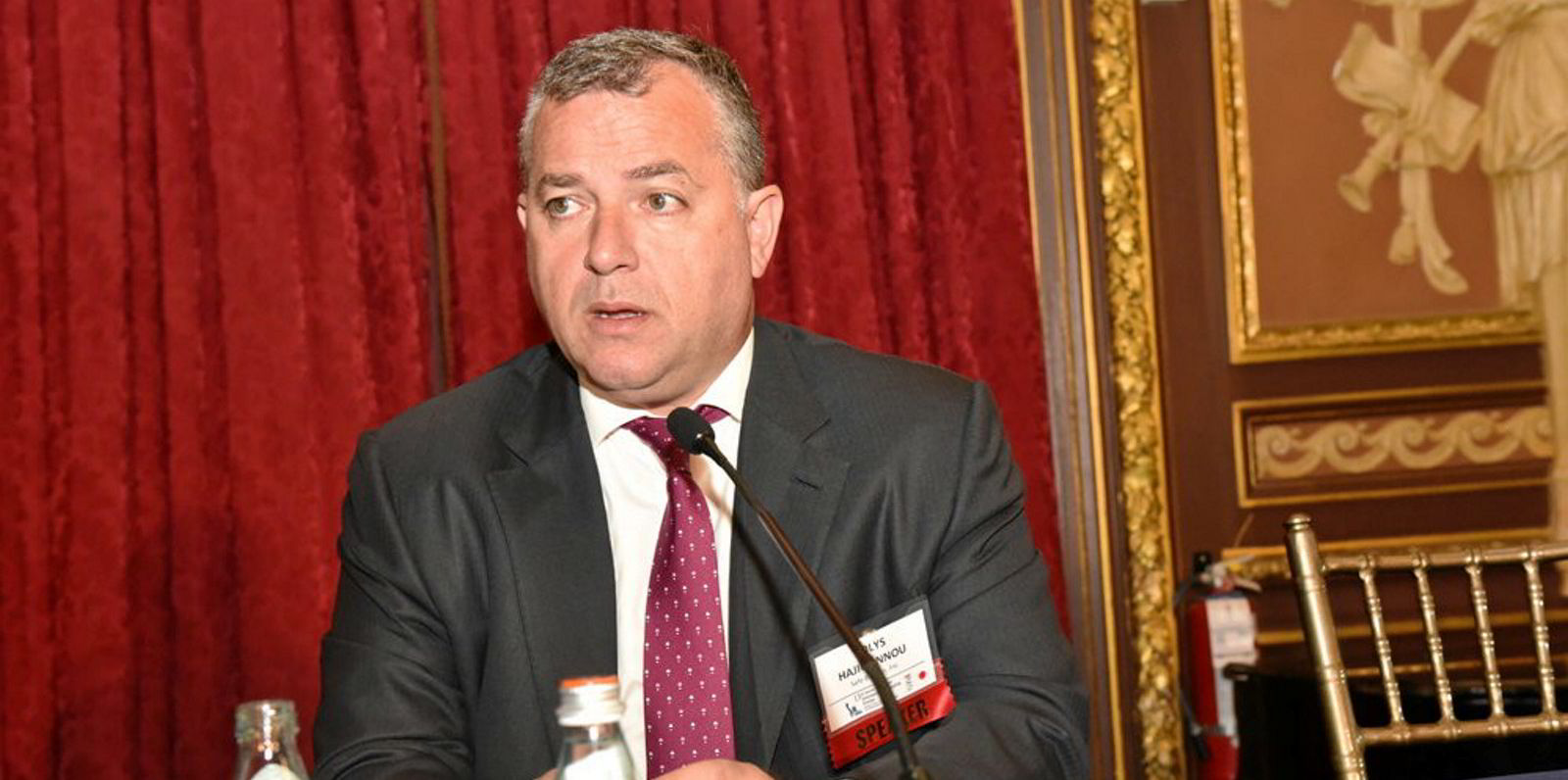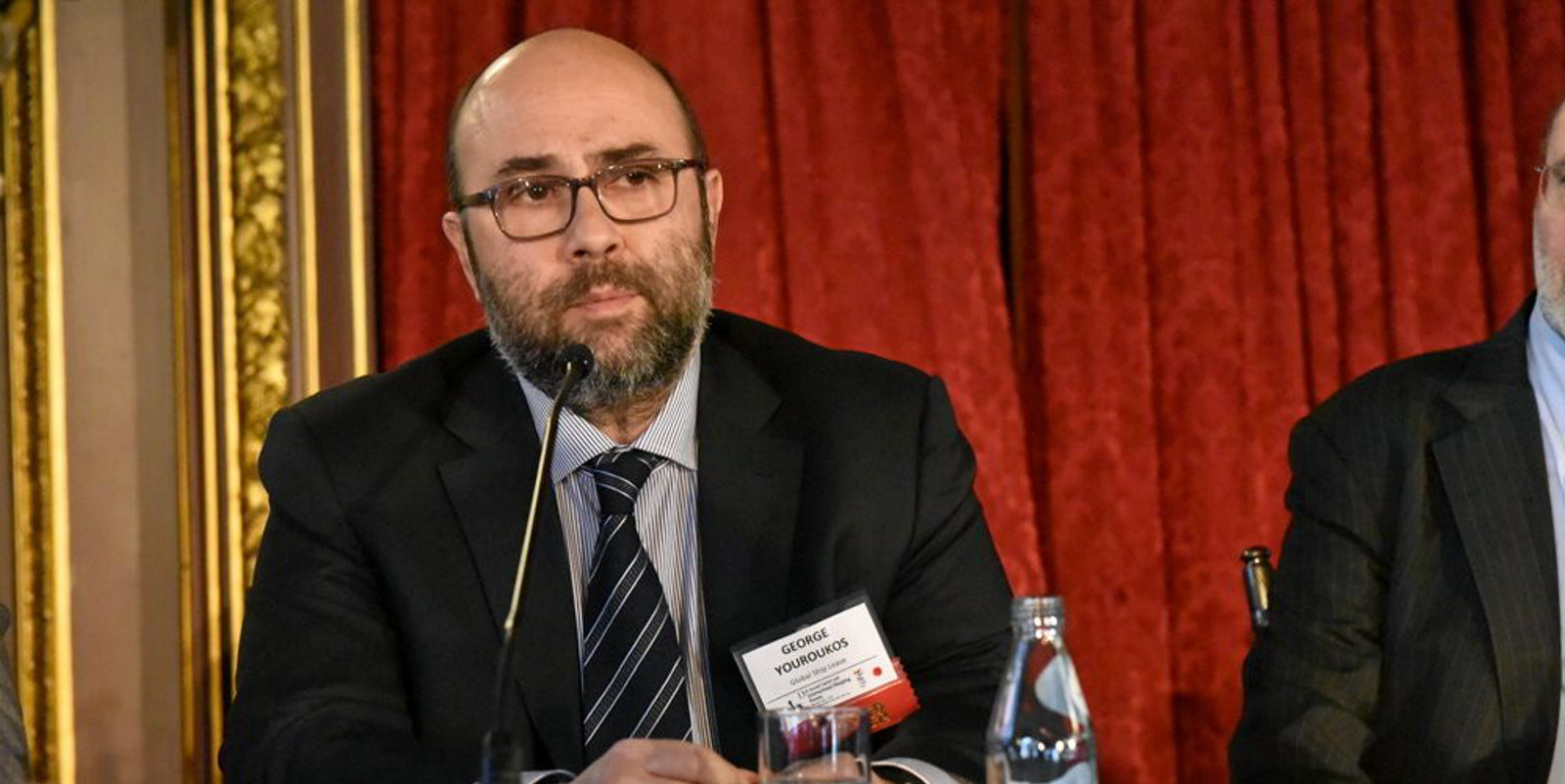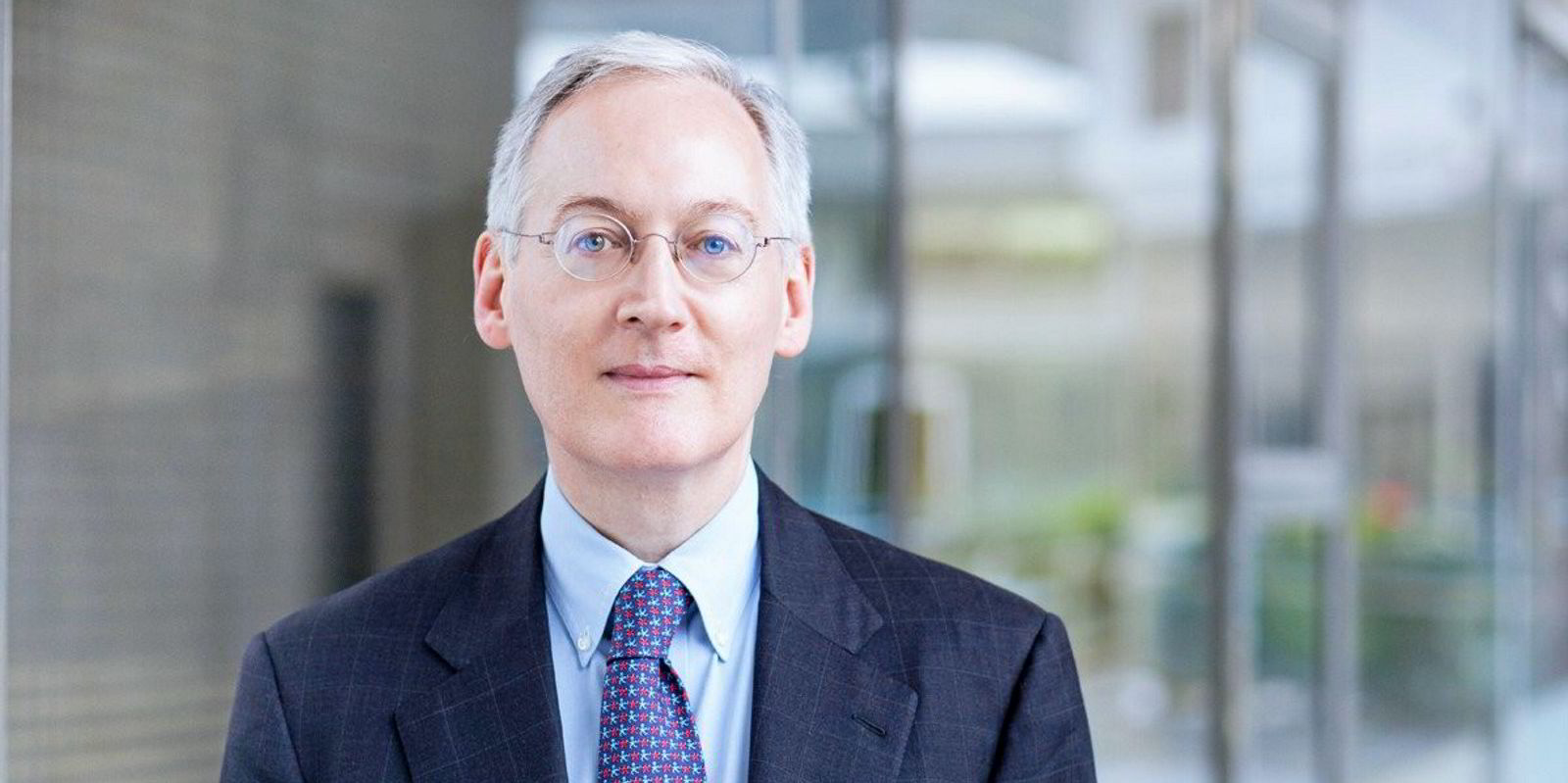Should a bulker owner order newbuildings or buy secondhand ships when looking to replace or add tonnage to their fleet?
The answer will depend upon which bulker owner you ask.
Safe Bulkers chief executive Polys Hajioannou thinks going to shipyards for new vessels is the way to go, while Star Bulk Carriers president Hamish Norton believes the better option lies in the secondhand market.
“The reason we haven’t ordered newbuildings is that ... a modern secondhand ship is a good bit cheaper than a newbuilding,” Norton said on Monday as a panellist at Capital Link’s annual International Shipping Forum.
“Newbuildings are really expensive right now.”
Star Bulk bought seven secondhand vessels about a year ago: three ultramaxes and four kamsarmaxes from Eneti in early 2021. These were preceded by three capesizes from ER Capital Holding in late 2020.
Norton said the forward market is not high enough to hedge against the sector with newbuildings, especially when new environmental regulations are on the horizon.
“The ship you order today is almost certainly not the ship you’re going to want in 2030,” he said during the dry bulk panel moderated by Jefferies analyst Randy Giveans.
“Now, nobody really knows what ship you’re going to want given the regulations.”
In the freight forward agreement market, 2024 contracts for capesize bulkers were worth about $18,500 per day on Monday, while 2029 contracts came in at $14,573 per day. That compares to average spot earnings in the physical market of just under $14,400 per day on Monday.
“You know that the ship you order won’t be the ship you want, and probably in two years you can order a ship that you might want in 2030,” Norton said. “So there’s some reason to wait.”
But Hajioannou is quite happy that Safe Bulkers has nine panamax newbuildings on order, with deliveries until the end of 2023.
“We’re very happy about the investment because already the ships are worth $12m to $15m more than the prices we paid on it,” he said. “So there’s $100m appreciation of value.”
Also, he said global sanctions against Russia will slow shipping’s switch to new fuels and adoption of new environmental regulations.
“It’s bad for the environment of course, but it’s good for our market,” Hajioannou said.

“It’s a good investment for us.”
But Star Bulk is not the only bulker owner that thinks there is too much future uncertainty in shipping to buy newbuildings.
Stamatis Tsantanis, chief executive of capesize owner Seanergy Maritime Holdings, said: “If we had more clarity about what the visuals tomorrow would look like, then obviously, you know, people would make a more educated decision.
“Right now, I don’t think we have all the right aspects.”
Grindrod Shipping chief executive Martyn Wade agreed with Tsantanis, as an owner of 15 handysizes and seven supramaxes.
“I think as all of us sitting here as experienced shipowners, the thing we have learned over the years is you don’t want to be the first of anything,” he said. “You sit on your hands, you watch and wait and see.”





